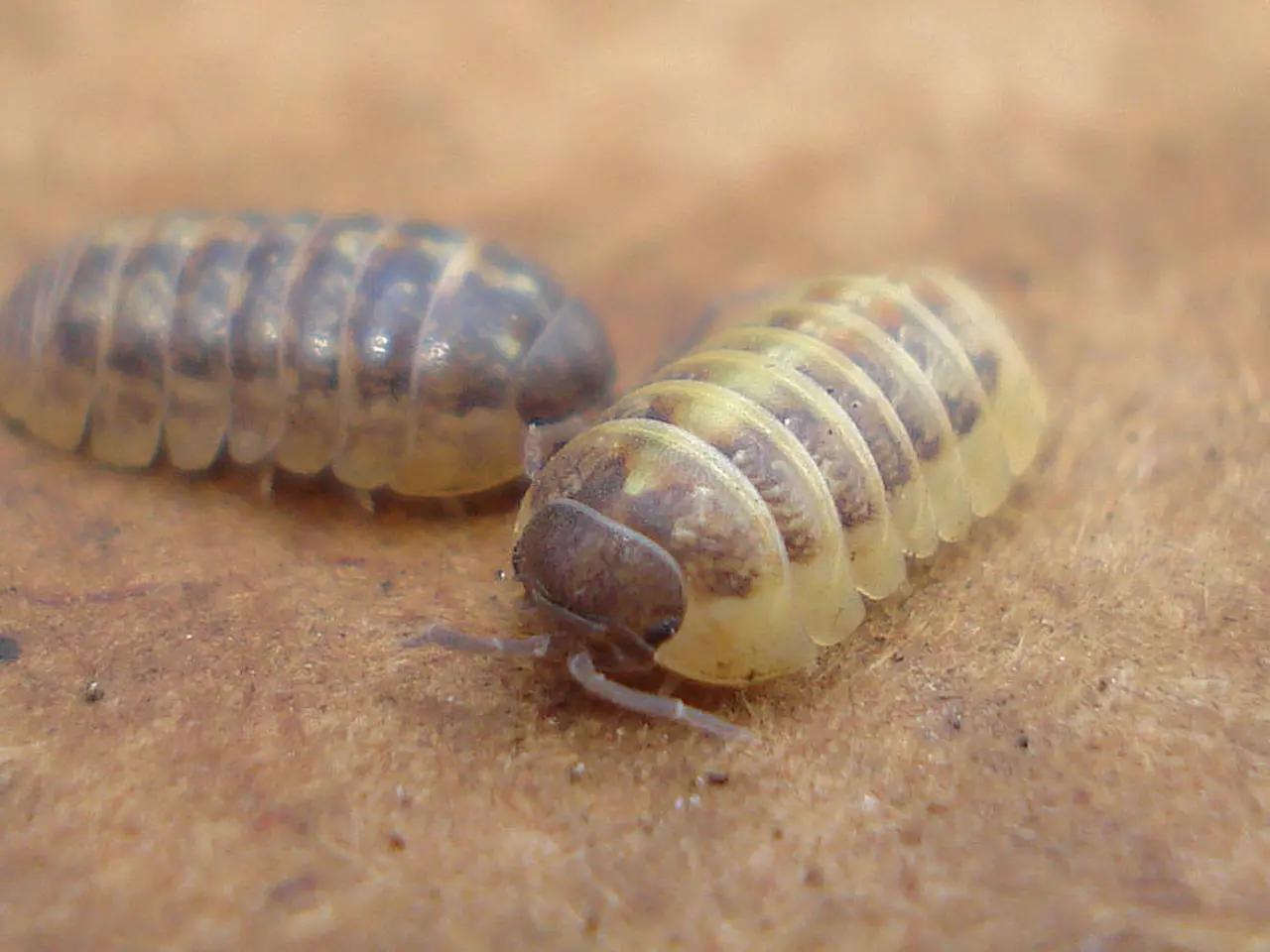Dealing with Summer Pests in Germany: A Guide to Managing Wasps, Fruit Flies, and Mosquitoes
In the warm summer months of Germany, two common pests make an unwelcome appearance - wasps and fruit flies. This article provides a comprehensive guide on how to manage these pests in a safe, eco-friendly, and humane manner.
Wasps, a common problem during August and September, can be deterred using natural methods. Essential oils such as peppermint, eucalyptus, lavender, thyme, tea tree, and lemongrass, as well as herbs like basil and rosemary, are known to repel wasps. To repel wasps from your home, you can make homemade sprays by mixing essential oils with water and a small amount of dish soap, which can be applied to eaves, door frames, and other potential nesting sites.
For a more preventive approach, consider planting wasp-repellent plants like mint, citronella, thyme, eucalyptus, or wormwood around your home. If a wasp nest is found, it is recommended to contact professional pest control services that specialize in relocation rather than extermination. These experts can safely remove and move nests to suitable outdoor locations where wasps can continue their ecological role without posing a risk to your home.
When it comes to fruit flies, these small pests are attracted to sweet smells and protein-rich foods. They can cause food to spoil more quickly due to the bacteria and yeasts they transmit. To combat fruit flies, avoid leaving fruits and vegetables out in the open, and ensure your kitchen is clean and free of sweet residues. If you find fruit flies, a simple DIY trap can be made using apple cider vinegar and dish soap in an empty jar, covered with cellophane, poked with holes, and placed near where the flies are present.
It is important to note that in Germany, it is illegal to kill wasps without a good reason. Violators can face a fine of between €5,000 and €65,000, depending on the state. To avoid attracting wasps, keep trash bins tightly sealed and remove fallen fruits from your garden.
Mosquitoes, another common summer pest, are attracted to humans, particularly body heat and CO2 from exhaled air, and some related smells. To protect yourself from mosquitoes, wear long sleeves and trousers, and consider using natural repellents like citronella candles or essential oils. Experts suggest showering with fragrance-free products before an evening outdoors or going to bed to get rid of sweat odors.
In summary, non-lethal wasp management in Germany relies on natural repellents, preventive plantings, safe DIY treatments, and professional relocation of nests when necessary. For fruit flies, maintaining cleanliness and using DIY traps can help manage their presence. By following these guidelines, you can balance safety, environmental responsibility, and humane treatment of wasps and other pests.
To maintain a holistic home-and-garden lifestyle in Germany, consider planting wasp-repellent plants like mint, citronella, thyme, eucalyptus, or wormwood around your home for a preventive approach. Additionally, keeping pets safe from fruit flies involves taking care to ensure your kitchen is clean and free of sweet residues, and using DIY traps made of apple cider vinegar and dish soap if necessary.




